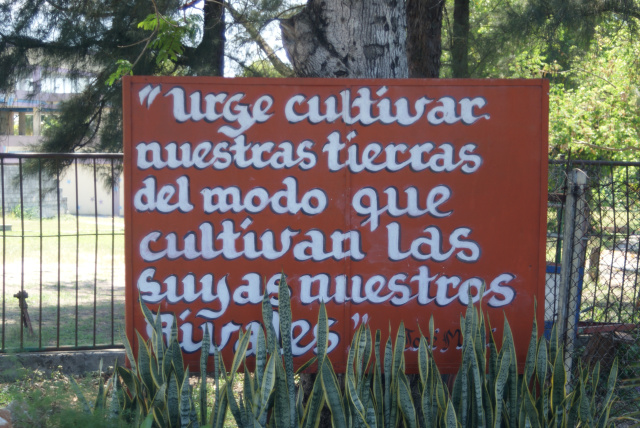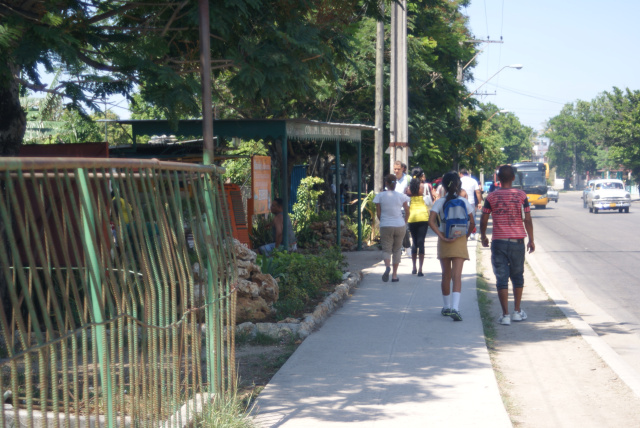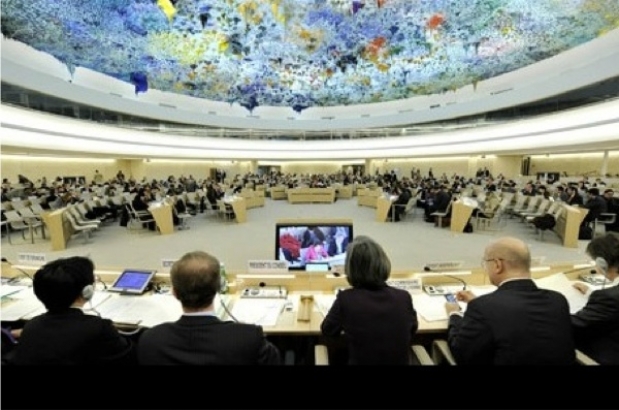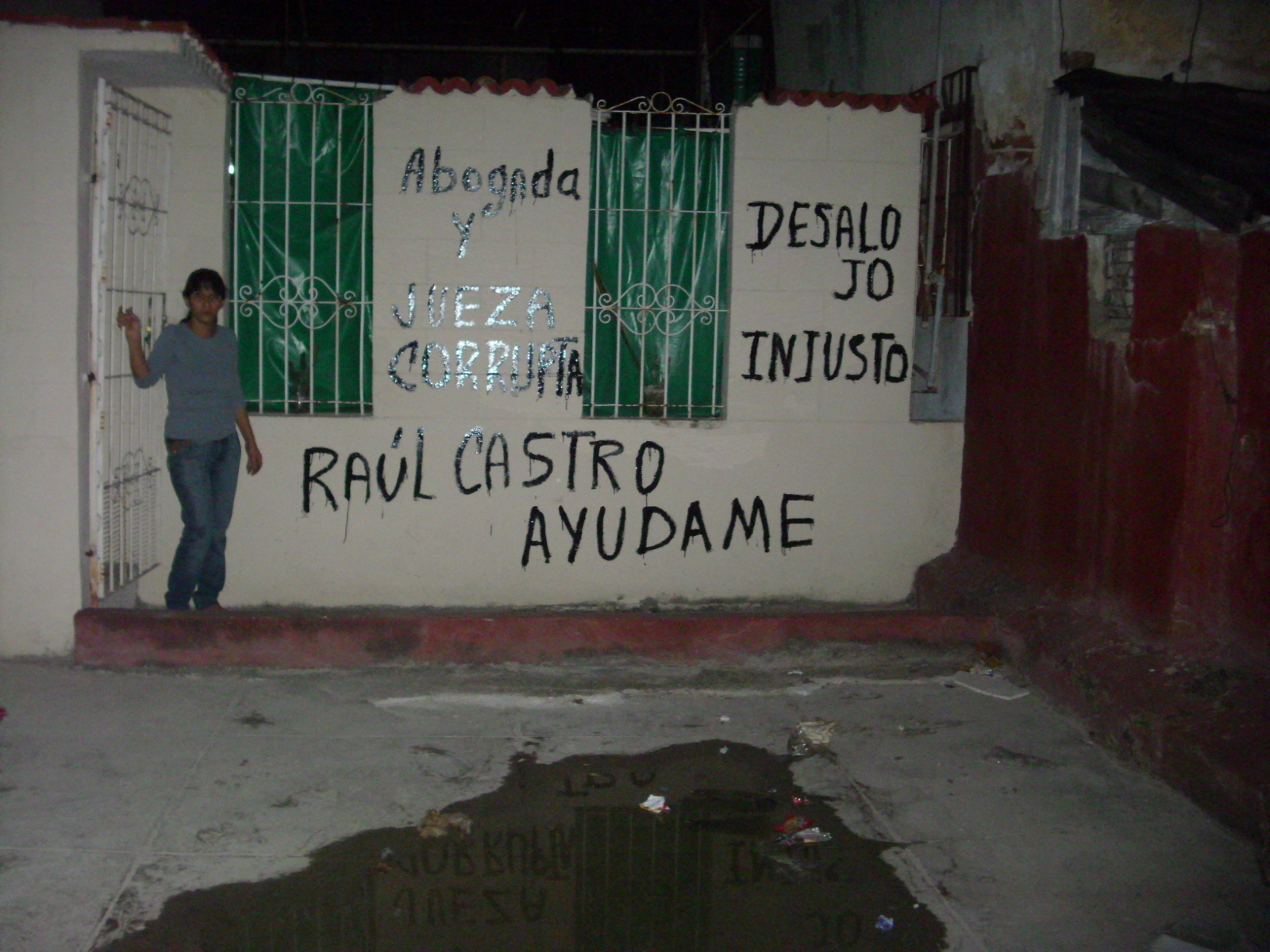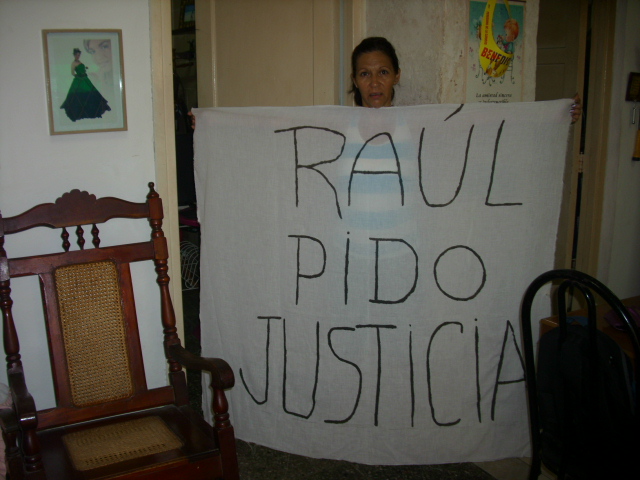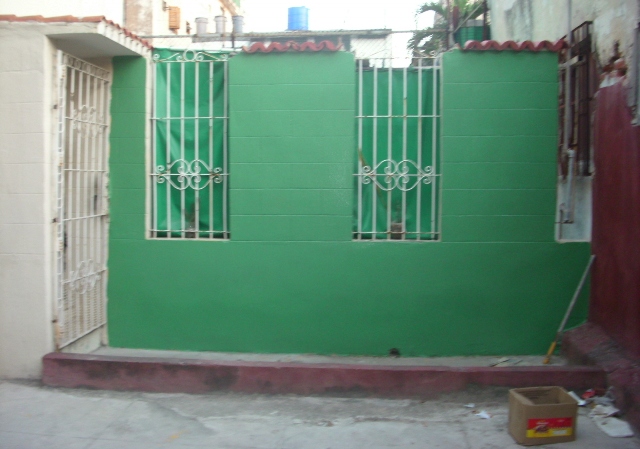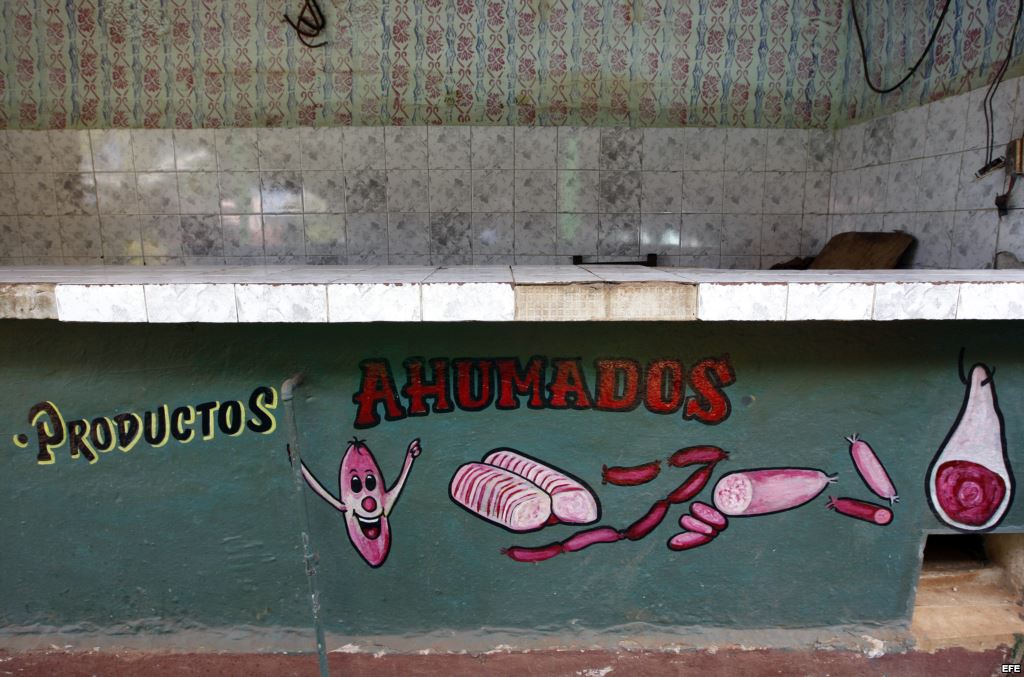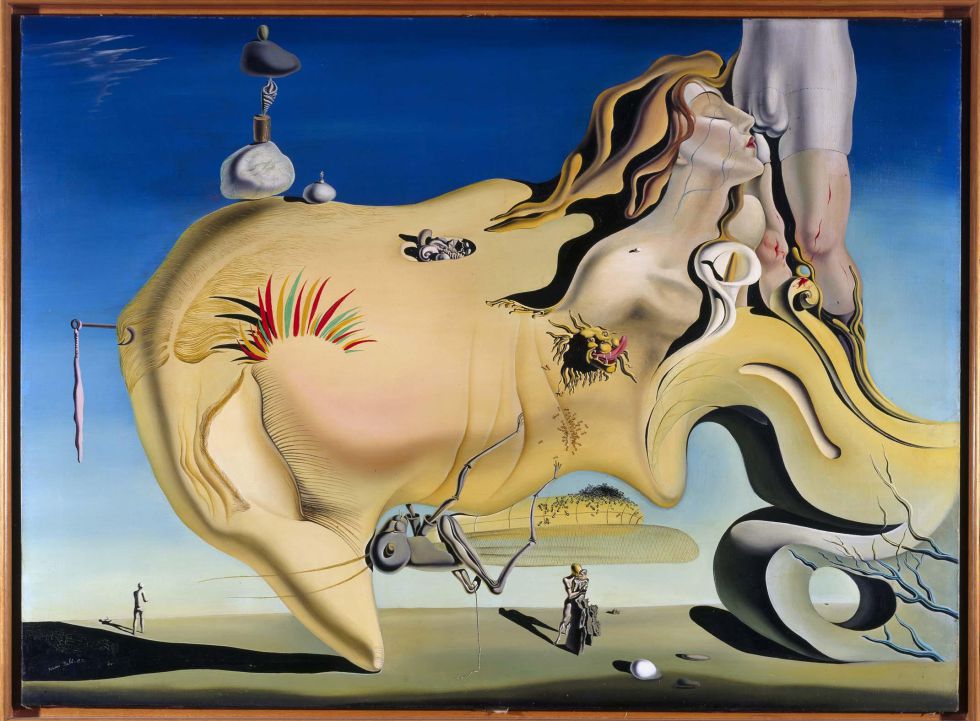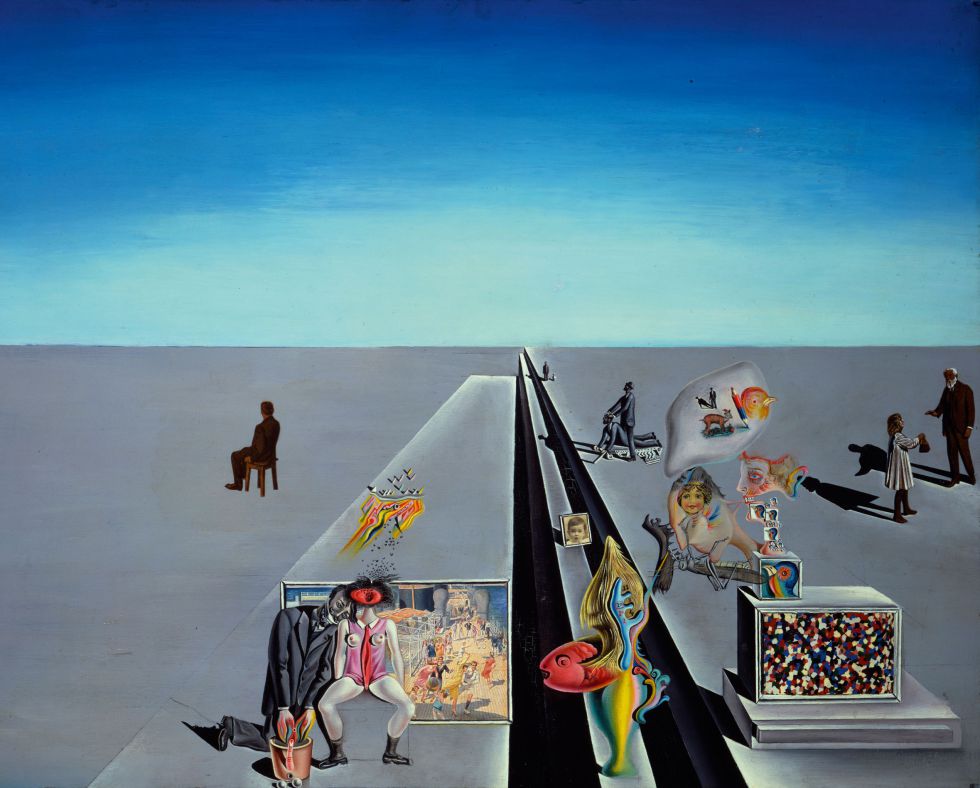
During this month the island is celebrating the sixth edition of the Cuban Day Against Homophobia. The LGBT (lesbian, gay, bisexual and transgender) community on the island, in their eternal struggle against rejection and exclusion, joins in an apparent cultural celebration organized by the government.
The smiling faces of several LGBT people, marking the day, suggests a satisfied community.
However, the government has not taken any firm steps with regard to respect for sexual rights. The island does not recognize same-sex couples let alone allow their adoption of children. No accusations of gender discrimination may be brought in the Cuban courts.
Under slogans like “Socialism yes, homophobia, no,” Mariela Castro, daughter of Cuban President Raul Castro and director of the National Sexual Education Center (and also a Deputy to the National Assembly), leads the activities of the day. Unofficial sources reported that some detractors of the Deputy were prevented from attending some events.
On the night of Saturday May 11, the Cuban Gala Against Homophobia was being held with the presence of Cuban agent Rene Gonzalez, who was officially recognized, as was reported in Granma, the Communist Party mouthpiece newspaper. Also, the Gala was chaired by the First Vice President of the Councils of State and Ministers, Miguel Diaz-Canel, and the President of the Cuban Union of Writers and Artists, Miguel Barnet.
“More than a cultural gala it appeared to be a political act,” said one gay college student attending the event. “There was a great presence of uniformed and plainclothes police. The performances of the transvestites (men who dress as women’s clothing as an art form) took place in front of photos of “The Five,” the student said in reference to the five spies sentenced in the United States.
According to this observer, the speakers of the evening repeated, “Long live diversity and freedom for the Cuban Five!” He questioned, “I do not understand what one thing has to do with the other, why do they flood our few spaces flooded political slogans?”
Lissy, an LGBT member, confessed her discomfort in one part of the gala in which a transvestite speaker, paraphrasing the famous gay expression (“Out of the way, Mirtha Medina*, Annia Linares* has arrived”), replaced it with “Out of the way, Obama, Mariela has arrived.”
“The worst thing is that many at the joke, I don’t know, but the most culture they had was the closing song by Los Van Van,” he said.
A gay intellectual who requested anonymity criticized that spaces for debate are only granted to discuss the issue of homosexuality in the context of the day. “There hasn’t been a lot of outreach about the activities and in many of the events there is little gay presence.”
According to this year’s report to the UN Universal Periodic Review, by the Cuban government, on the island they are “promoting respect for freedom of sexual orientation and gender identity.” Brazil recommended to the Cuban delegation that they expand the opportunities for dialogue and interaction on these issues. However, beyond dialogue, the Cuban LGBT community needs laws to protect their sexual rights.
May 17 is World Day Against Homophobia. In over 50 countries homosexuals are persecuted and in at least 8 they are sentenced to death. In other countries there is cause for celebration because of the advances with respect to their rights. We hope that this event will be held in Cuba without ideological manipulation and a common message: non-discrimination.
*Translator’s note: Both are Cuban singers.
Text taken from Cubanet and posted in Wendy and Ignacio’s blog
17 May 2013

